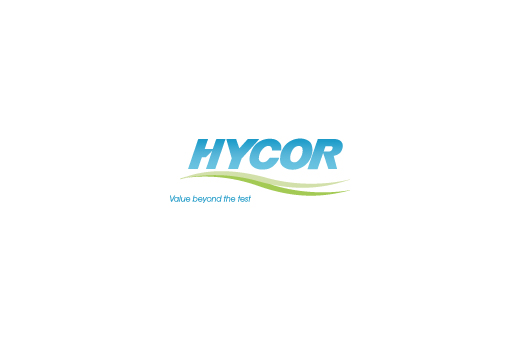Anti-Scl-70
The detection of Anti-Nuclear Antibodies (ANA’s) has long been an important tool in the diagnosis of systemic rheumatic diseases. The antigens used in their detection are purified by the saline extraction of human or animal nuclei, this has led to them being termed Extractable Nuclear Antigens (ENA’s). The most commonly measured ENA specifications are anti-SS-A/Ro, anti-SS-B/La, anti-Sm, anti-Sm/RNP, anti-Jo-1 and anti-Scl-70.
The intracellular antigen Scl-70 is a target for immune response with many patients with Primary Systemic Sclerosis (PSS or Scleroderma) and is considered to be specific for this condition. Anti-Scl-70 antibodies are found in approximately 70% of scleroderma patients and, of these, around 20-30% have some sort of CREST syndrome. The Scl-70 antigen has been identified as being the DNA topoisomerase I enzyme.
The AutostatII assay for detection of autoantibodies is a solid phase immunosorbent assay (ELISA) in which the analyte is indicated by a colour reaction of an enzyme and substrate. The AutostatII wells are coated with purified antigen (1).
On adding diluted serum to the wells the antibodies (2) present bind to the antigen. After incubating at room temperature and washing away unbound material, horseradish peroxidase conjugated anti-IgG monoclonal antibody (3) is added, which binds to the immobilised antibodies.
Following further incubation and washing, tetra-methyl benzidine substrate (TMB) (4) is added to each well. The presence of the antigen-antibody-conjugate complex turns the substrate to a dark blue colour. Addition of the stop solution turns the colour to yellow.

